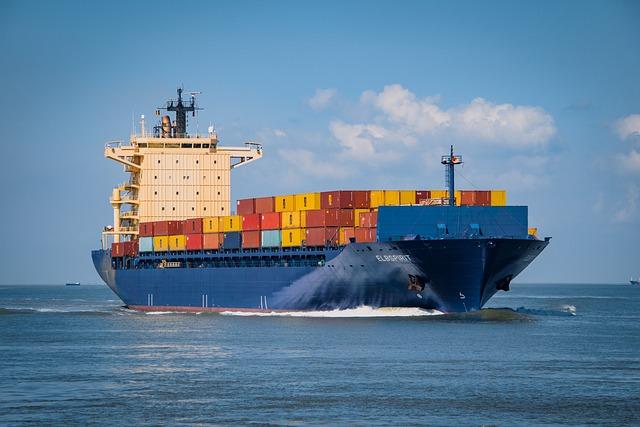Last Thursday, a tentative agreement to end the strike put on by the International Longshore and Warehouse Union Canada (ILWU) was made with the British Columbia Maritime Employers Association (BCMEA). This brought an end to the strike which started on July 1st, but it was short-lived.
Fast forward to Tuesday this week, and the ILWU decided to not recommend ratifying the agreement to its members. This means port workers who are part of the union are back on the picket line.
While the strike is occuring in BC, it has an affect on Manitoba agriculture exports, and the country's supply chain overall.
Brenna Mahoney, the General Manager of Keystone Agricultural Producers, says every day the strike continues means the recovery of the supply chain is pushed back further.
"So the reality is our grain farmers will be impacted, the assessment as of last week is that recovery will take until about October, so every day that there's a strike, it takes about a week of recovery."
Mahoney added that just last week, there were some processors in Manitoba that stopped production because they had nowhere to ship their product to. This is due to what may be the biggest headache with the strike, and that is the bottleneck of container ships waiting to be loaded or unloaded.
"This is an impact to the entire value chain and we have to remember, what's really being impacted here is container shipments. That's really been the focus of the conversation so far. A lot of the products our producers receive come by container", explained Mahoney.
Listen to Alec Woolston's full conversation with KAP General Manager Brenna Mahoney, below:
Part 1
Part 2








